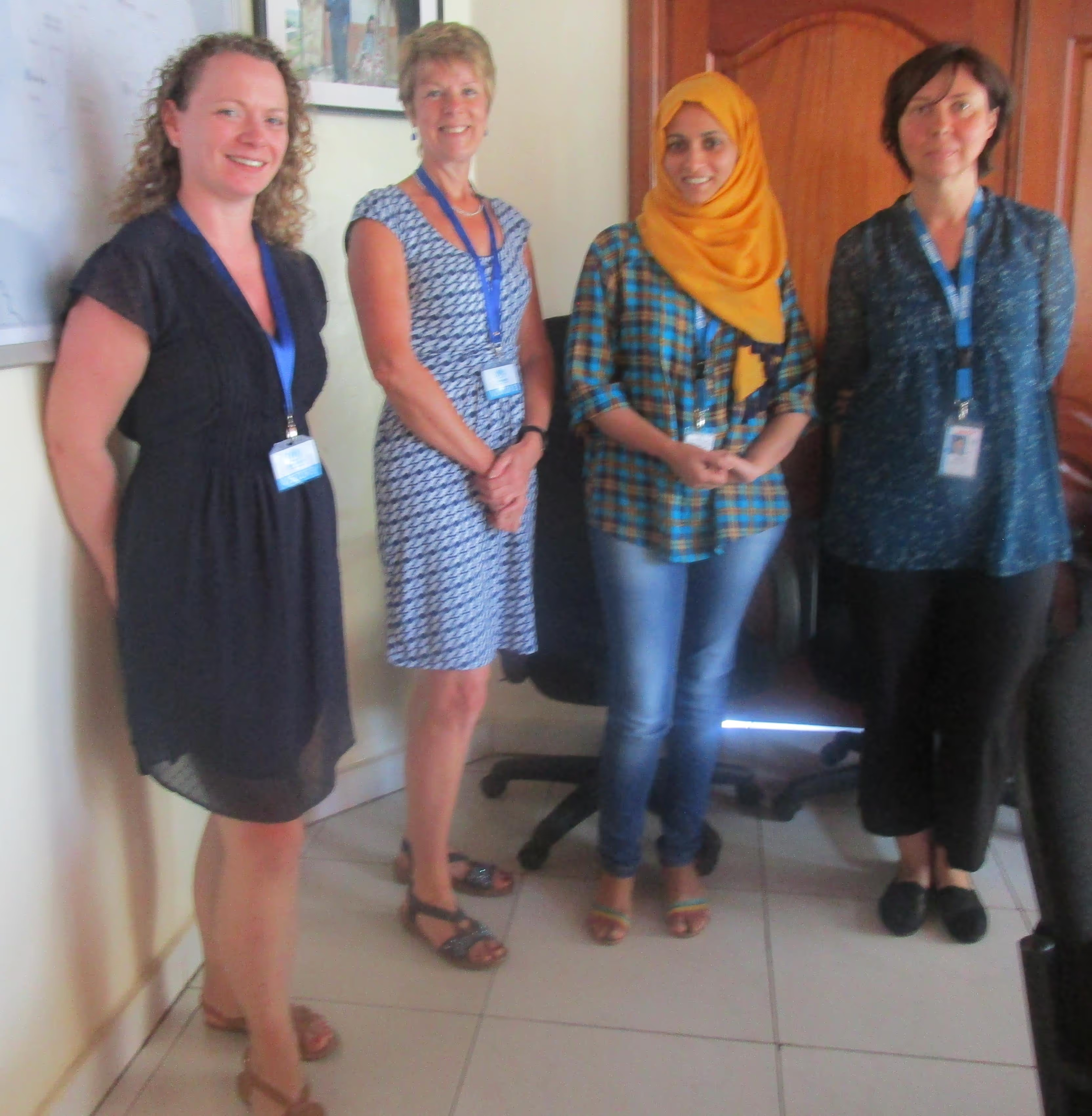Prevention is better than a cure

The old adage is still as popular as ever, because it generally holds true. Our first project, funded by the HIF in 2016, looked at how refugees with communication disabilities, who are survivors of sexual and gender-based violence (SGBV), access support services such as health, protection, psychosocial and legal support, in Rwanda. One of the things we found then, was that participants were concerned that refugees with communication disabilities were not only targeted for abuse, due in part to their reduced ability to report incidents, but also because they are frequently excluded from SGBV prevention services and activities, such as sexual and reproductive health education (SRHE).
We use the term ‘communication disability’ to refer to the limitations to participation, and the exclusion, experienced by people who have difficulties expressing themselves (using words, signs, gestures, pictures or objects or other forms of alternative or augmentative communication) or understanding what others tell them. This can occur as a result of, or as part of, a wide range of impairments such as intellectual impairment, hearing impairment, physical impairment, or health conditions such as cerebral palsy, Down’s syndrome, autism, stroke, or head injury, to name but a few. Communication disability (CD) is poorly understood, particularly in low and middle-income countries, and specialist services are in desperately short supply in humanitarian contexts across the world.
Our current project with the HIF is focusing on developing our understanding of how refugees with communication disability access SGBV prevention services, including SRHE. We have begun consulting with disability, SRHE and SGBV service providers in the refugee camps of Rwanda and will very soon consult more widely with the police service, judicial service and health care providers who are involved in providing both prevention and support services. Most importantly, we will be talking to refugees with communication disability themselves and their carers, some of whom will be survivors of SGBV, about their experience of accessing, or trying to access, SRHE where they live. We hope to develop an understanding of the experiences, needs and wishes of refugees with CD in relation to keeping themselves safe and engaging in healthy relationships, as a means to prevent exposure to SGBV, and the opportunities and potential solutions available to make services more accessible and appropriate to their unique needs.

Our project team consists of two British speech and language therapists with expertise in developing services for people with communication disability in resource-limited settings, two humanitarian experts in SGBV, and wider involvement of disability and SGBV/SRHE partner organisations. The collaborative nature of our project is essential to the success of the project as engaging with refugees with diverse communication needs is a relatively new area of work. We have worked closely together since 2016 and will continue to do so, so that we can learn from each other about our respective areas of expertise.
We will supplement our knowledge and understanding with a literature review on access to SRHE for refugees with communication disability, looking at the global context to identify any new or additional challenges, evidence of good practice or suggestions for making SRHE services accessible to people with communication disabilities.
We are looking forward to learning so much more about what refugees with communication disabilities experience, need and want for themselves in relation to their sexual and reproductive health and personal safety, as an important part of preventing SGBV. We all believe that prevention of SGBV is so much more preferable than having to provide response services to such vulnerable groups.
Stay updated
Sign up for our newsletter to receive regular updates on resources, news, and insights like this. Don’t miss out on important information that can help you stay informed and engaged.
Explore Elrha
Learn more about our mission, the organisations we support, and the resources we provide to drive research and innovation in humanitarian response.